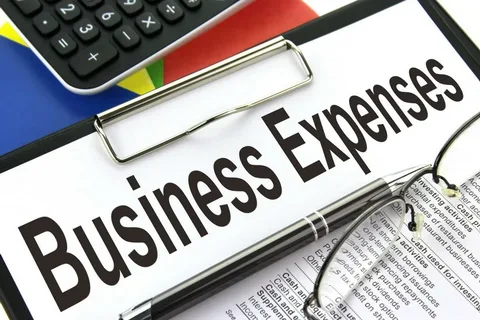A successful business will always follow a clear financial planning strategy, and they ensure this by knowing what they spend and where. Expense categorization should be your focus when you manage your business’s finances. Creating a proper business expense list allows you to track all the small and large transactions accurately. It enables you to budget well and optimize tax deductions. Common expense categories include utilities, salaries, office supplies and equipment, rent and leases, insurance, taxes, travel, marketing, and advertising.
Under utility, you can count gas, water, electricity, and internet charges. All these are used in operations. Office supplies cover the cost of software, technology, stationeries, furniture, etc. The money you spend on branding, customer acquisition, and retention, among others, belongs to marketing and advertising. You can include all the premiums you pay for property, liability, and workers’ compensation policies in the insurance section. It is a time-consuming and elaborate process that demands precision. You can hire an external consultant if your hands are tied and in-house resources are limited. Check Soundadvicebookkeeping.com for reference.
Importance of business expense categorization
Expense segmentation practices help you manage your business well by gaining insights into its operations and financial health. A detailed list lets you recognize where and how you spend your money most. It further strengthens your budgeting and economic decisions. You can curtail overspending risks and save more. Data accuracy in this matter also helps you with maximizing your tax deductions. You can deduct eligible expenses from the taxable income. Tax can have significant implications on your cash flow. Clear expense records can ease auditing, saving time and increasing efficiency. You can experience its benefits more during the tax season.
Small businesses must focus on expense tracking to clearly understand their spending habits and compare them with industry standards. It empowers them to improve their financial performance in different areas.
Common expense categorization challenges
Keeping expense records updated can be challenging for a dynamic business. While online tools or software can help, relying solely on them can lead to oversight. Human intervention is crucial for detecting anomalies. Adding a review system can help. Many small businesses mix business and personal expenses, a problem that sole proprietors often need help with. One solution is to use a separate credit card and bank account for your business. Understanding these challenges is essential so you can overcome them.
Nevertheless, one must learn about the current tax rules and regulations when recording expenses to avoid potential compliance risks. If you consult professionals, you will worry less about these matters. With expert assistance, the expense tracking process can be protected from errors or discrepancies that affect financial planning, budgeting, and decision-making. That’s why one must reconcile their categorized expenses with bank statements.
Expense categorization is just one element of the extensive financial systems and processes that any organization needs to follow. You also handle financial statements, tax compliance, payments, and more. Finding enough time to devote to this area can be a problem. However, partnering with a bookkeeping services agency can reduce this burden without compromising data accuracy.
















